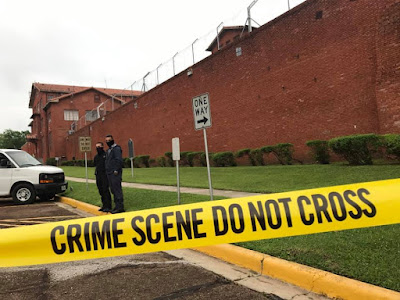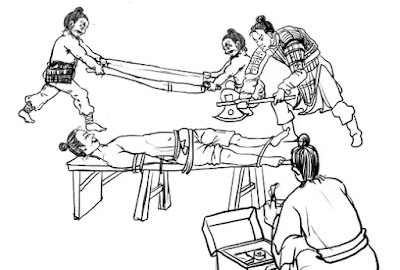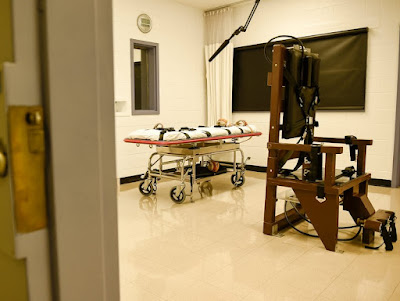This position statement addresses the nursing profession and the role of nurses in capital punishment.
The American Nurses Association (ANA) is strongly opposed to nurse participation in capital punishment. Participation in executions, either directly or indirectly, is viewed as contrary to the fundamental goals and ethical traditions of the nursing profession.
Professional and international organizations such as the American Medical Association (2000), American Psychiatric Association (2008), American Society of Anesthesiologists (2006), American Public Health Association (2001), American Correctional Health Services Association (1996), World Medical Association (2000), National Commission on Correctional Health Care (2008) and International Council of Nurses (2006a, 2006b) address the role of health care professionals in capital punishment. In summary, the health care professionals’ participation in capital punishment is a breach of professional ethics.
Historically, the role of the nurse has been to promote, preserve, and protect human health.
The ANA is opposed to all forms of participation by nurses in capital punishment, by whatever means, whether under civil or military legal authority. Participation in capital punishment is inconsistent with the ethical precepts of justice, nonmaleficence, and beneficence, and the values and goals of the nursing profession. The ethical principle of nonmaleficence requires that nurses act in such a way as to prevent harm, not to inflict it. The act of participating in capital punishment clearly inflicts harm; nurses are ethically bound to abstain from any activities in carrying out the death penalty process. Nurses must not participate in capital punishment, whether by chemical, electrical, or mechanical means. Consistent with this NURSES’ ROLE IN CAPITAL PUNISHMENT 4 directive is a standard of the National Commission on Correctional Health Care (NCCHC) prohibiting correctional health services staff from participation in inmate executions (2008).
Nurses, in their professional roles, including advanced practice, should not take part in assessing the prisoner or the equipment; supervising or monitoring the procedure or prisoner; procuring, prescribing or preparing medications or solutions; inserting the intravenous catheter; injecting the lethal solution; attending or witnessing the execution; or pronouncing the prisoner dead. Nurses should not train paraprofessionals in any of the activities listed above for the purpose of their use in capital punishment.
Source: ANA Committee on Ethics, 1983, rev. 1988 Revised by: ANA Center for Ethics and Human Rights, ANA Board of Directors. July 2012


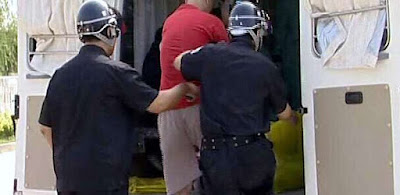
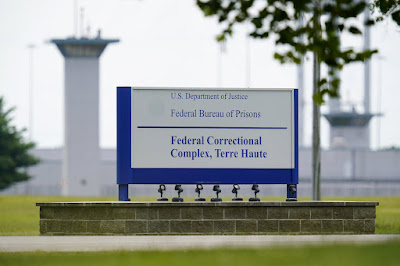
.jpg)

